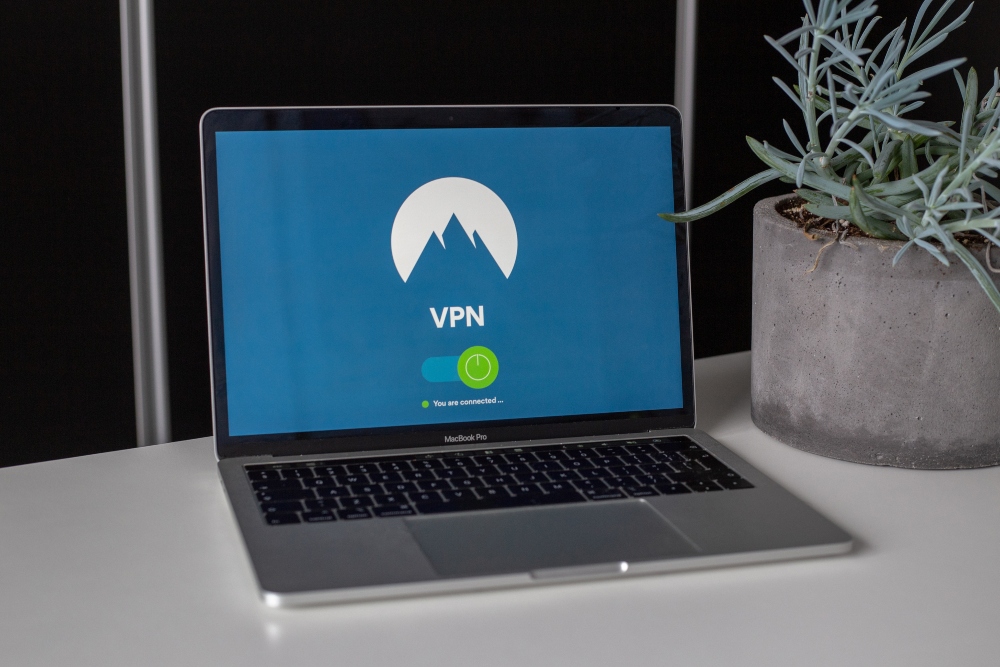How to Improve Cybersecurity for Your Small Business
As a small business owner, safeguarding your company’s data is essential to maintaining a competitive edge and protecting your bottom line. But with the ever-evolving landscape of cyber threats, it cannot be easy to know where to start when improving your cybersecurity. The good news is that you can take some simple steps to reduce your risk of a cyberattack significantly.
Quick Links
1. Use Strong Passwords and Never Reuse Them
Using strong passwords is essential because it makes it much harder for hackers to guess your password and gain access to your account. A strong password should contain letters, special characters, and figures. It would help if you also changed your passwords regularly and never used the same password twice.
Using a password manager can help you keep track of your passwords and ensure they are all unique. In addition, you should also consider implementing other security measures such as two-factor authentication and password management. It would help if you never stored passwords in an unencrypted format or wrote them down where they can be easily found.
2. Encrypt All Sensitive Data
It is essential to encrypt all sensitive data. This includes customer data, financial information, employee records, and other internal documents. Encrypting your data keeps off hackers from accessing and misusing it. There are several ways to encrypt data, but one of the most effective is using a VPN.
A VPN creates a secure connection between your devices and the internet, making it much harder for hackers to access your data. In addition to encrypting your data, a monthly VPN subscription will give you access to secure servers and tunnels that will help safeguard your information from prying eyes. While there is no foolproof way to prevent cyber-attacks, encrypting all sensitive data is a great way to mitigate the risk.
3. Ensure Your Software is the most current
To improve your cybersecurity is to ensure your software is most current. Regular updates help to close security gaps and vulnerabilities that criminals can exploit. In addition, updates often include new features and improvements that can help increase your productivity and efficiency.
You can take a few simple steps to ensure that your software is always updated. First, ensure that you have automatic updates for all your programs. Once a new patch is released, your software will be updated automatically.
Additionally, keep an eye on the website of each program you use; most developers will post information about new updates on their site. Finally, sign up for notifications from your operating system; you’ll be alerted as soon as a new security update is available. By taking these simple steps, you can rest assured that your software is the most current and your business is protected from the latest threats.
4. Enlighten Your Staff on Cybersecurity Threats and How to Avoid Them
Educating your employees about cybersecurity threats and how to avoid them is essential. One common type of attack is phishing, where scammers send emails that appear to be from a trusted source to trick employees into revealing confidential information. Employees should be aware of this threat and be taught how to identify suspicious emails. Another cybersecurity measure that businesses should take is to encrypt sensitive data. This will make it challenging for hackers to access sensitive information if they do manage to penetrate your network.
5. Observe the Network for Indications of Dubious Activity
It’s important to keep an eye on your network for signs of doubtful activity. This includes checking out for unusual login attempts, unexpected traffic spikes, unfamiliar IP addresses, and unexpected changes to your website or database. If you see anything that looks out of the ordinary, don’t hesitate to contact your IT department or a professional cybersecurity consultant. By taking a proactive approach to monitoring your network, you can help ensure that your business stays safe from the growing threat of cybercrime.
Conclusion
As the world becomes increasingly digital, ensuring that your small business has strong cybersecurity measures in place is more important than ever. By educating yourself and your employees about best practices, encrypting sensitive data, and investing in reliable security software, you can help keep your business safe from cyber-attacks. While there is no guaranteed way to prevent all security breaches, following these tips can help reduce the risk of becoming a victim of fraud or data theft.
Why WooCommerce is the Best Choice for Your Online Store?
WooCommerce stands out as a top option for anyone looking to build an online store. This platform…
0 Comments8 Minutes
How to Use AI-Powered SEO Tools for WordPress eCommerce
SEO is a critical factor in the success of any e-commerce WordPress store. As competition…
0 Comments11 Minutes
Why Short-Form Videos Are the Future of Content Marketing
Your Instagram customers spend over 50% of their time watching short-form videos and reels. Rather…
0 Comments12 Minutes
The Role of Digital Marketing in Business Growth
Online marketing touches every aspect of a business, whether it is initiating the idea or for an…
0 Comments3 Minutes
AI Meets Authenticity: Balancing Automation and Human Touch in Content Marketing
Is your brand starting to sound like a robot? In a world where algorithms write faster than any…
0 Comments8 Minutes
Essential Tools for Enhancing Web Design and UX Hosting
Have you ever visited a website that felt slow, clunky, or confusing? A website that is poorly…
0 Comments11 Minutes
How a Mini Cart Transformed My Store’s Shopping Experience
Okay, real talk—running an online store is hard. You think you’ve got everything figured out, you…
0 Comments9 Minutes
Balancing Your Security Initiatives With Industry Compliance Requirements
Managing a business today comes with a number of daily battles that need to be fought. Resources…
0 Comments11 Minutes








